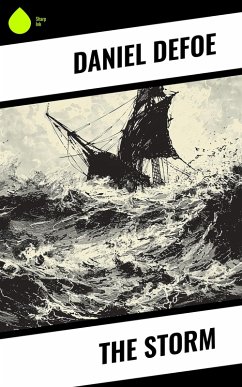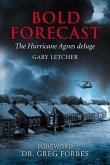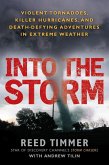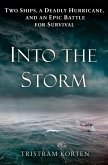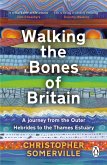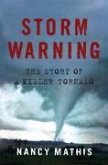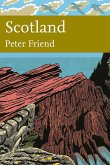In "The Storm," Daniel Defoe employs vivid and immersive prose to recount the devastating tempest of 1703 that ravaged England. Characterized by its meticulous attention to detail and a blend of both personal narrative and broader historical commentary, Defoe captures not only the physical fury of the storm but also its psychological impact on those who witnessed its wrath. The text stands as an early example of disaster literature, blending elements of journalism with literary artistry, reflecting the burgeoning interest in individual experience amid collective calamity during the Enlightenment period. Daniel Defoe, known primarily for his novel "Robinson Crusoe," was an astute observer of the world around him, drawing upon his extensive experiences as a trader, spy, and journalist. His keen understanding of human resilience and societal structures deeply informs his portrayal of the storm's aftermath, as he engages with themes of loss, survival, and community. Defoe's curiosity about nature and its capriciousness highlights his broader fascination with the interplay between man and the environment, positioning him as an early writer deeply attuned to the complexities of their world. This book is highly recommended for readers interested in early modern literature and those intrigued by the intersection of nature and human experience. Defoe's compelling narrative invites contemplation of our vulnerability in the face of nature's fury, making "The Storm" a timeless reflection on humanity's existential struggle.
Dieser Download kann aus rechtlichen Gründen nur mit Rechnungsadresse in A, B, BG, CY, CZ, D, DK, EW, E, FIN, F, GR, HR, H, IRL, I, LT, L, LR, M, NL, PL, P, R, S, SLO, SK ausgeliefert werden.
Hinweis: Dieser Artikel kann nur an eine deutsche Lieferadresse ausgeliefert werden.

